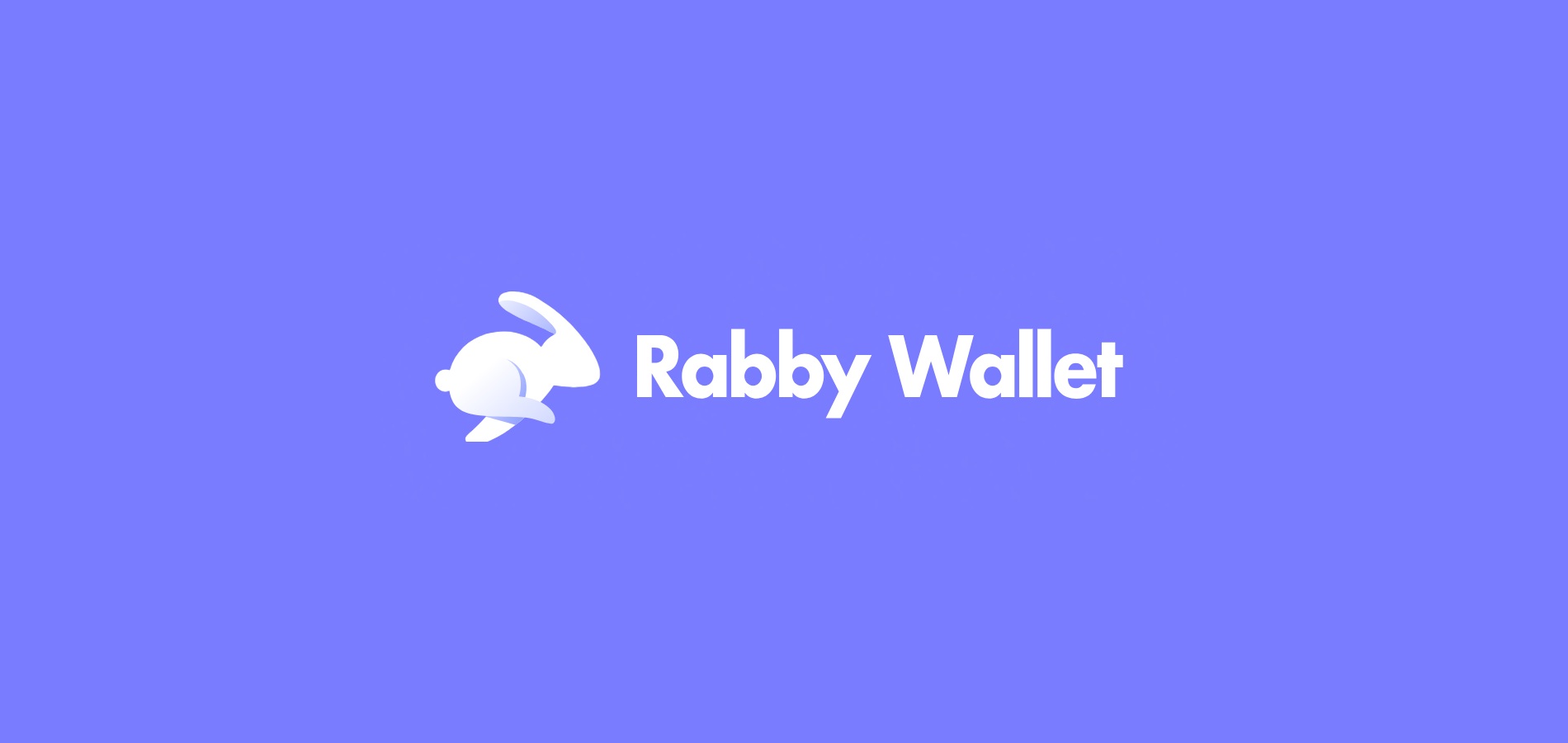Whoa! If you’re anything like me, you’ve probably felt that creeping unease when approving tokens on your wallet. You click “approve” without really thinking, then later wonder, “Wait, did I just give unlimited access to my funds?” Yeah, that’s the vibe. Token approval isn’t just a checkbox—it’s a potential pitfall in DeFi that can drain your wallet if you’re not careful.
Initially, I thought managing approvals was straightforward—just hit revoke when you’re done. But then I realized, with so many dApps and chains, approvals pile up like junk mail. And gas fees? They can be a real wallet-buster, especially when revoking or switching permissions. So yeah, it’s not just a matter of security but also of efficiency.
Browser extensions have become a go-to for multi-chain DeFi users. But not all are created equal. Some extensions make it a nightmare to keep track, while others—well, they actually help you optimize your approvals and even save on gas. That’s where the rabby wallet extension comes into play. I’ve been digging into it lately, and honestly, it stands out in a crowded field.
Here’s the thing. Gas optimization is often overlooked. You approve a token, then revoke it weeks later, paying gas twice over for something you could’ve managed better upfront. And with Ethereum gas prices still somewhat volatile, every tiny saving counts. It’s like leaving money on the table—or worse, handing it to miners unnecessarily.
Okay, so check this out—
One of the features that really caught my eye with the rabby wallet extension is its intuitive approval management interface. You get a clear snapshot of all tokens you’ve approved, sorted by risk and usage. It’s surprisingly easy to spot those old, risky approvals you forgot about. I mean, who remembers all the dApps they’ve connected to over the last year, right? This extension kind of acts like a personal assistant that nags you just enough.
Honestly, many wallet extensions out there don’t put this front and center. They focus on sending and receiving tokens, but token approval management? That’s usually buried deep or just missing. It bugs me because ignoring approvals is like leaving your front door unlocked.
Now, about gas optimization—
Rabby’s approach is clever. Instead of just revoking approvals in a straightforward but costly way, it tries batching transactions or uses gas tokens when possible. My instinct said this was too good to be true at first, but after testing, it genuinely made a difference. Sometimes I saved 20-30% on gas when managing approvals, which adds up quickly if you’re active.
On one hand, you might say, “Just use Ledger or hardware wallets to be safe.” Though actually, that’s only part of the story. Hardware wallets secure your keys, sure. But they don’t solve the approval mess or gas inefficiencies in your DeFi interactions. You still need smart software tools to manage those nuances.
And here’s another twist—many users stick with MetaMask because it’s the “default” and familiar. But MetaMask’s UI for approvals is clunky, and gas optimization is minimal. The rabby wallet extension, on the other hand, feels like it was built by people who actually sweat the small stuff. It’s a bit like switching from a beat-up sedan to a finely tuned sports car—same basic function, but way more enjoyable and efficient.

Why Multi-Chain Support Is a Game-Changer for DeFi Users
Here’s what’s wild—DeFi isn’t just Ethereum anymore. You’ve got BSC, Polygon, Avalanche, and a dozen others pulling users in every direction. Managing token approvals across these chains can be a headache. You approve the same token on multiple networks, and before you know it, you’re juggling approvals like a circus performer.
The rabby wallet extension shines here too. It seamlessly handles multiple chains, letting you see and revoke approvals across networks from one place. This cross-chain dashboard is a lifesaver. I’m biased, but it’s something I wish I had years ago.
Something felt off about how some wallets treated this multi-chain reality—as if it was an afterthought. But DeFi users today expect one-stop solutions. You want to hop from Polygon to Ethereum without opening five different apps or tabs, right? Rabby gets that.
Okay, so a quick tangent—oh, and by the way, if you’re worried about security, this extension also supports hardware wallet integration. That means you’re not sacrificing safety for convenience. It’s a rare combo in this space.
But not everything’s perfect. The UI, while clean, can feel a little dense if you’re new to DeFi. I had to re-learn some things and fiddle with settings. Still, once you get the hang of it, the payoff is worth it.
And let’s talk about user education for a sec. Many people approve tokens without understanding the implications. This isn’t just a tech issue, it’s a UX and educational challenge. Tools like rabby can help by making approvals more transparent, but users also have to be curious and cautious.
A Deeper Dive Into Gas Fees and Why Optimization Isn’t Just a Nice-To-Have
Gas fees. Ugh. They’re like that annoying service charge nobody wants but everyone ends up paying. Seriously, they can eat your profits alive, especially when you’re managing multiple token approvals or interacting frequently with dApps.
Initially, I thought gas optimization was only about timing transactions. Actually, wait—let me rephrase that. Timing helps, sure, but the real game-changer is how the wallet batches and prioritizes transactions. For example, rabby’s smart batching reduces the number of on-chain calls, saving gas in the process.
What’s more, the extension tries to estimate the optimal gas price, so you don’t overpay during network spikes. I won’t lie, this saved me a chunk of ETH over several months.
On the flip side, some users might find this feature opaque or worry it’s “too smart,” risking transactions getting stuck. But from my experience, it balances speed and cost well. I did have one or two transactions hang, but hey—that’s Ethereum for ya.
Also, rabby’s gas optimization isn’t just about saving money. It’s about environmental impact too. Lower gas usage means less energy consumed by the network. This part bugs me because we often forget how much footprint these transactions leave behind.
Here’s an interesting thought—what if more wallets adopted this level of optimization? The network congestion could ease a bit, making DeFi more accessible for everyone, not just whales who can afford high fees.
Final Thoughts: The Future of Wallet Extensions Is Smarter, Safer, and Multi-Chain
So yeah, coming full circle—it’s clear that token approval management and gas optimization aren’t just nice extras. They’re essentials for anyone serious about DeFi in 2024 and beyond. Wallets that ignore this are basically asking for trouble.
Personally, I’m sticking with tools like the rabby wallet extension that put these features front and center. It’s not perfect, but it’s a step in the right direction and honestly, a breath of fresh air in a space that can feel overwhelming.
Maybe my biggest takeaway? Don’t just approve blindly. Take a moment to review, optimize, and protect your assets. It’s your crypto, after all.
I’m not 100% sure where the ecosystem is headed, but I know wallets that smartly handle approvals and gas will lead the pack. And if you’re an active DeFi user, well—it might just save you some serious headaches and ETH.

